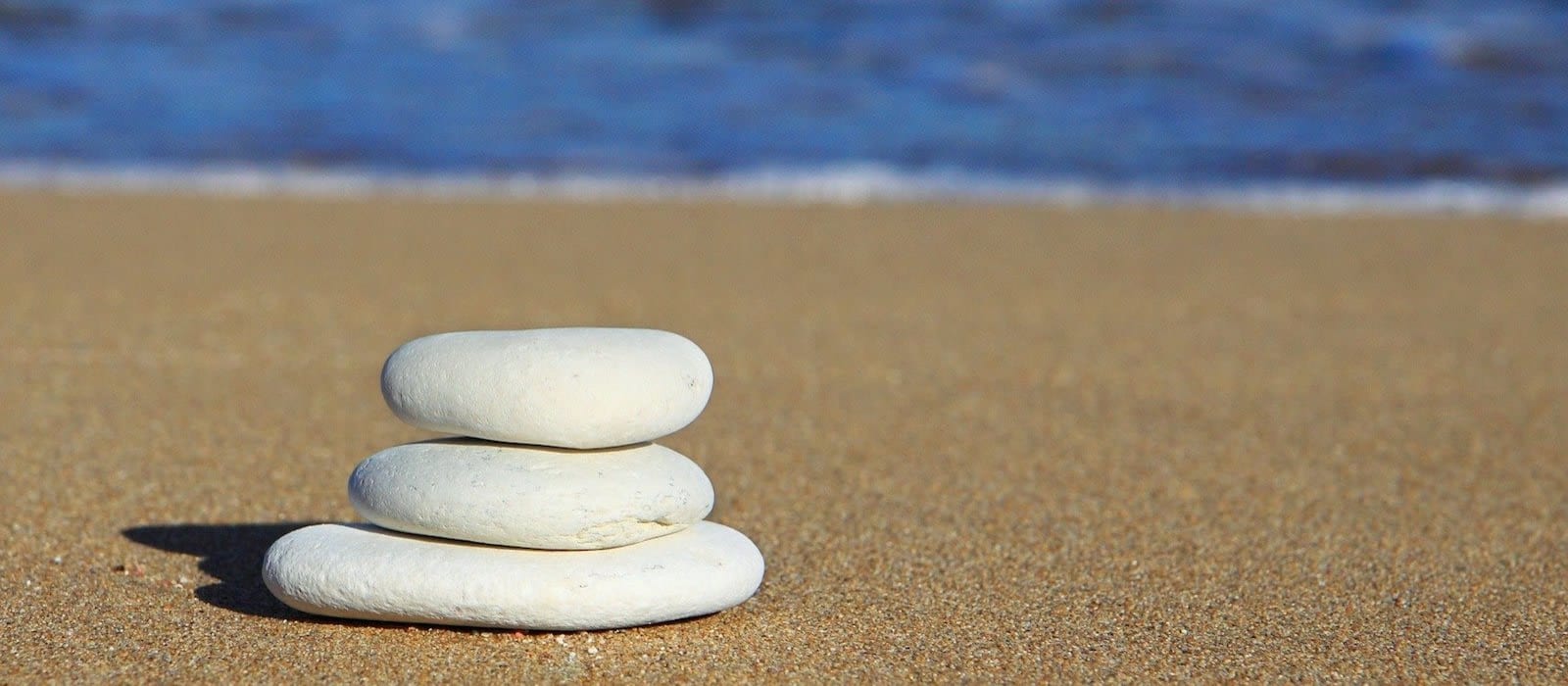Mindfulness in the time of Covid-19
As I was walking along the street the other day, it struck me that during this time of worldwide pandemic, I was paying more and more attention.
I have become conscious of social distancing, of wearing a mask, not touching my face, and washing my hands for 20 seconds, all of which requires increased awareness of the present moment. We have also been challenged to be mindful of what we really need, only buying essentials and reducing travelling, which has had a noticeable effect on the world around us.
Practicing awareness and compassion during COVID-19
In many ways it seems that we are more distant, but paradoxically it can also connect us more because what we are actually displaying is awareness and compassion by protecting others and ourselves. It has also cultivated gratitude for what we have – our health, our homes, food, toilet rolls! In order to be grateful, we have to first pay attention, and this pandemic has forced us in many ways to pay attention.
Developing a wider understanding of Social isolation
Reducing social isolation is one of The Stuart Low Trust’s main aims as an organisation, and with the restrictions we are currently experiencing, we now we face new challenges in maintaining connections to others and the world around us.
No isolation define social isolation as:
“the absence of social contact and can lead to loneliness. It is a state of being cut off from normal social networks, which can be triggered by factors such as loss of mobility, unemployment, or health issues. Isolation can involve staying at home for lengthy periods of time, having no access to services or community involvement, and little or no communication with friends, family, and acquaintances.”
The social distancing measures have resulted in many people experiencing social isolation. Importantly, several people who regularly suffer from social isolation in their everyday lives have told me that they see this as an opportunity for others, who have been forced into social isolation to control the spread of the virus, to gain a greater understanding and insight into the everyday experiences of isolated people.
How to be present in the moment with mindfulness
Mindfulness means being in the present moment, without judgement and with compassion. The NHS recognises mindfulness as one of the 5 steps to mental wellbeing.
Practising mindfulness also means acknowledging pain and suffering in ourselves and others, but also recognising what is and what is not within our power to predict or change. It is natural to worry about the future at a time like this, but by practising mindfulness of the present moment we can bring ourselves back to being aware of and dealing with each moment as it arises as best we can.
By practising being more present in all we do, we can also begin to appreciate more, to develop more compassion for ourselves and others, and in doing so enrich our experience of life.
Mindfulness and a sense of peace
If we make time to fully experience and appreciate each moment, we can start to cultivate a greater peace of mind. Mindfulness practice can be helpful in addressing emotions like anxiety and depression. It can reduce our stress levels and bring many related health benefits (improved sleep, coping skills, concentration, digestion, reduced pain).
As we emerge from this time of lockdown, my heartfelt hope is that we can build on this awareness, compassion and sense of community and work towards healing together.
I hope to resume my mindfulness workshops for the Stuart Low Trust soon, but in the meantime, if you would like to learn more about mindfulness and to practice with me, please see my introduction to mindfulness video here
The Stuart Low Trust is currently offering a range of online wellbeing activities.
Written by
Katy Connell, mindfulness practitioner and Friday event host at the Stuart Low Trust.




